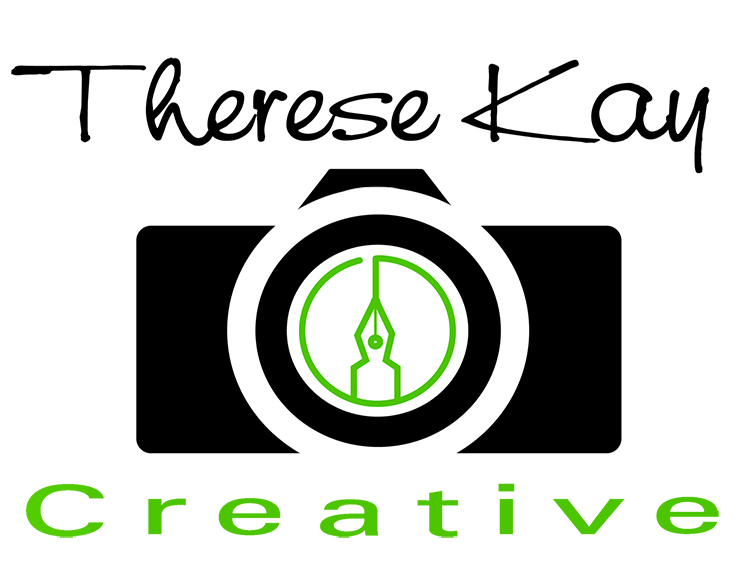Photo Friday: Photography and Chronic Illness
A few of you may be scratching your head right now… what do these things have to do with each other? That’s what this post is all about.
I Love Photography But I Don’t Feel Like Taking Pictures
Mind you, when on assignment, I can and do push myself through. What you see is a smiling photographer and then great results. What you don’t see is the physical meltdown when I get home! What’s a girl to do when (not on assignment) she can’t or doesn’t feel like doing something she loves?
Fake It
Work Around It
Too tired to go for a walk? Do some still life set-ups in the house!
Is that still too much? Take pictures while you are in bed! Hospital Glam is a body positive campaign about chronic illness. This article in The Guardian talks more about it. Start your own series!
Photography as Therapy
Sarah Allegra created a photo series on Chronic Fatigue Syndrome called Enchanted Sleep. This project was a way of her coping with her illness. She used herself and fellow sufferers to document what they go through. Not only is it something she uses to express her creativity, but she also uses it to distract herself from the lack of treatments and cures for CFS. Her work is amazing and is well worth checking out. http://sarahallegra.com/
Stephanie Blumensaat over at Chronicpainlife.com uses photography, as well as writing and meditation, to help her manage the pain she experiences on a daily basis. And she invites others along through her project Chronic Pain in Focus on Instagram and Facebook.
“Healing through the Lens” is a workshop facilitated by Ingrid Sellschop in the UK for patients with chronic pain and who have an interest in starting photography as a hobby. You can find more information here http://ingridsellschopphotography.com/phototherapy.html. According to her:
“The creative expression and meaning behind photography can be profoundly healing and rewarding for patients who have ‘lost their sense of life’ as a result of their chronic pain condition.”
Meli over at Women Using Art As Body Acceptance suffers from Multiple Sclerosis. As her mobility decreased she looked inward stating, “The first few years following the diagnosis were very difficult, but pushed me to begin an inner process during which I was invited to experiment with photography and drawing.” https://wuafba.wordpress.com/2014/07/28/photographing-my-different-body/. She did this not behind the camera, but in front of the camera as a model. She said, “Like others with physical limitations, I find it even more important to do this inner work to liberate the body from everything that keeps it imprisoned, and simply accept to reveal it, to honour it, to recognize its beauty and it’s greatness, which coexist at the very heart of the fragility that is so scary to us and to those around us.”
When You Can’t Even Do That
Some days are really that tough. When that happens, I find other ways to exercise my photographic creativity. Here are a few of the things I do:
- Use my iPhone if I can
-
Read books about photography or creativity
-
Look at and study other people’s images on line
- Watch photography tutorials on You Tube
-
Edit photographs I’ve already taken
-
Write a blog post about what to do when you don’t feel well enough to take photographs!
Other Resources To Check Out
Websites:
- http://phototherapy-centre.com/
- http://throughadifferentlens.com/
- http://artforyoursake.com/healing/
- http://www.susannahconway.com/e-courses/
- http://www.theoneproject.ca/online-courses/
- http://www.artshealthnetwork.ca/
- http://brokenlightcollective.com/
- http://www.chronicbabe.com
Books:
(Disclaimer – With the exception of the first book, I have not read these books other than the reviews on Amazon. All of these link to Amazon as affiliate links.)
- God Is at Eye Level: Photography as a Healing Art

- Phototherapy Techniques: Exploring the Secrets of Personal Snapshots and Family Albums (2nd Edition)

- Illness as Narrative (Pitt Comp Literacy Culture)

- Beyond the Obvious: Photography for Healing

Do you struggle with a chronic illness? What are your coping techniques? Do you have additional resources that others might find useful? Please share them in the comments! This is an important conversation!





